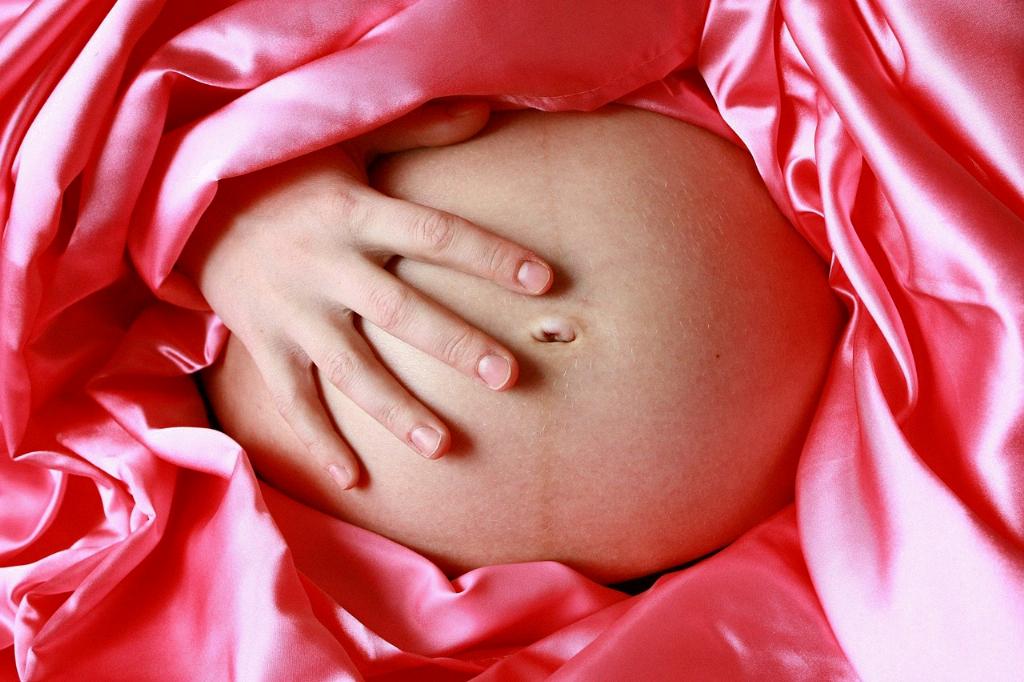Acne is a common concern during pregnancy, and many women wonder when they may start seeing those unwelcome blemishes appear. Typically, acne can start as early as 6 weeks into pregnancy. It’s important to note that the exact timing can vary from woman to woman, as each pregnancy is unique.
Factors Contributing to Pregnancy Acne
Several factors can contribute to the onset of acne during pregnancy. Hormonal changes play a significant role, as the increase in androgen hormones can lead to excess oil production, clogging pores and resulting in acne breakouts. Additionally, stress, genetics, and skincare routine changes can also impact the skin’s condition.
First Trimester Improvement
While acne may start in the early weeks of pregnancy, many women experience an improvement in their skin during the first trimester. The hormonal fluctuations tend to stabilize, leading to a reduction in acne breakouts for some individuals. However, this improvement is not universal, and some women may continue to experience acne throughout their pregnancies.
Third Trimester Challenges
As pregnancy progresses, the third trimester can bring about new challenges for those dealing with acne. During this time, androgen hormones peak, which can trigger more severe breakouts. It’s not uncommon for women to see a resurgence of acne during the final months of pregnancy, requiring adjustments to their skincare routines.
Managing Pregnancy Acne
Managing acne during pregnancy requires a gentle and mindful approach. It’s essential to avoid harsh ingredients that could potentially harm the developing baby. Opting for pregnancy-safe skincare products, maintaining a consistent cleansing routine, and staying hydrated can all contribute to healthier skin.
Consulting with Healthcare Providers
If you are experiencing persistent or severe acne during pregnancy, it’s advisable to consult with your healthcare provider. They can offer guidance on safe treatment options and recommend appropriate skincare products that are suitable for use during pregnancy.
Embracing Pregnancy Changes
While dealing with acne during pregnancy can be frustrating, it’s essential to remember that these changes are a normal part of the pregnancy journey. Embracing self-care practices, such as maintaining a healthy diet, staying active, and getting sufficient rest, can also positively impact skin health.
Seeking Emotional Support
Acne during pregnancy can take a toll on one’s self-esteem and emotional well-being. It’s vital to seek emotional support from loved ones, friends, or healthcare professionals to navigate the challenges that may arise. Remember, you are not alone in this journey.
Postpartum Skin Changes
After giving birth, many women experience postpartum skin changes, including acne flare-ups. These changes are often attributed to hormonal fluctuations as the body adjusts to the post-pregnancy phase. Maintaining a consistent skincare routine and seeking professional advice can help manage these skin transformations.
Self-Care and Patience
During pregnancy, taking care of your skin involves patience and self-compassion. Understand that hormonal fluctuations play a significant role in acne development, and it may take time for your skin to adjust. Embrace self-care rituals that nourish both your body and mind.
Conclusion
Acne during pregnancy is a common occurrence that can start as early as 6 weeks into gestation. While the first trimester may show improvement for some, the third trimester can bring new challenges due to hormonal peaks. It’s essential to manage pregnancy acne with gentle skincare practices, consult with healthcare providers when needed, and prioritize self-care throughout the pregnancy journey.

